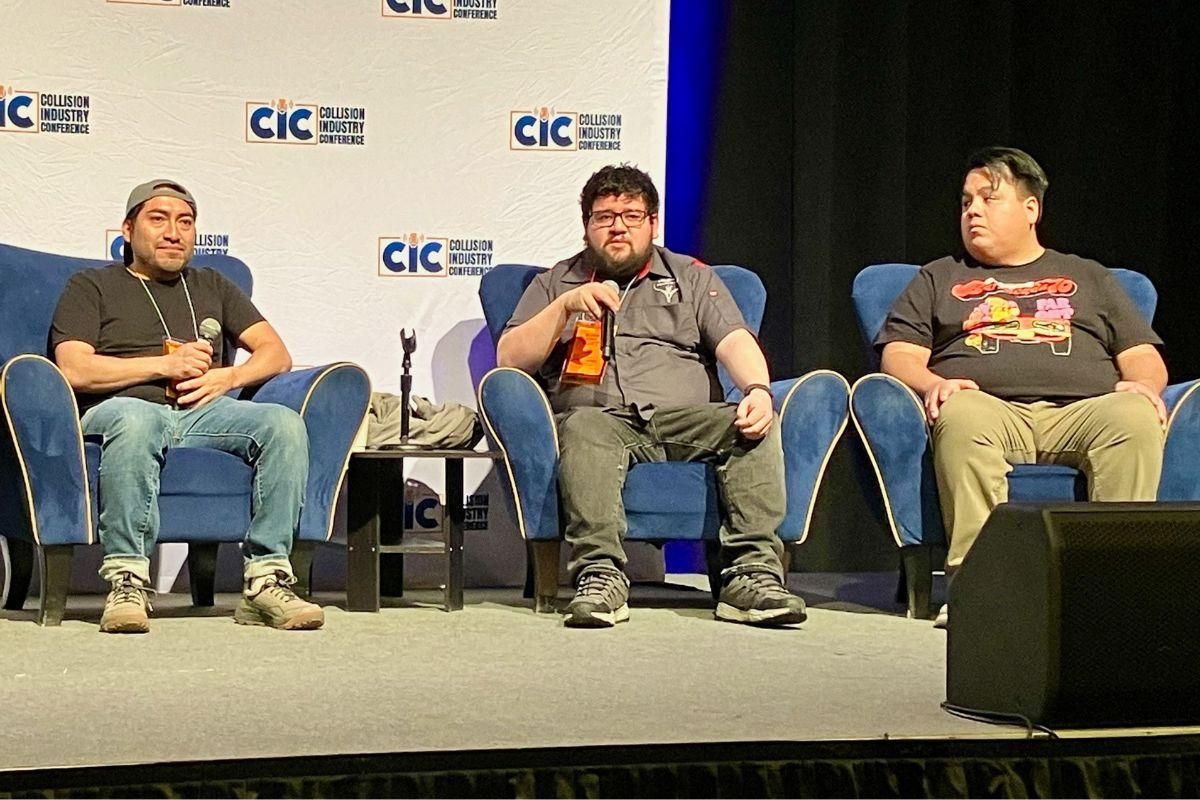AirPro Diagnostics announced it is launching a study into market trends related to ADAS diagnostics and calibrations.
“Recently, we’ve all been exposed to a significant amount of misinformation about diagnostics and ADAS services in our industry,” Michael Quinn of AirPro said in announcing the study at the Collision Industry Conference (CIC) in Las Vegas during SEMA week. “This has included solutions that allegedly simplify the processes, but do not account for the complexities of properly diagnosing and repairing a vehicle equipped with ADAS features. Repairers are being told that critical steps -- such as sequential, pre- or in-process scans -- are unnecessary, or that automaker recommendations and software are irrelevant, so we are seeking to provide clarity. This type of misinformation jeopardizes both vehicle safety and the integrity of repair practices.”
Quinn said AirPro is seeking collaboration on this effort from all industry stakeholders, inviting anyone to email the company at study@airprodiag.com for more information or to join the effort.
Aaron Schulenburg of the Society of Collision Repair Specialists (SCRS) applauded the effort, saying the association continues to hear from more repairers about pressure they are seeing against “known, necessary tasks” related to ADAS diagnostics and calibrations.
What are Entry-Level Techs Looking For?
The CIC Talent Pool and Education Committee brought together a panel of collision repair students at the meeting in Las Vegas to share what drew them to the industry and what they are looking for from potential employers.
All the students are attending the College of Lake County in Illinois, one of seven U.S. schools participating in the Collision Engineering Program, in which auto body repair students rotate every eight weeks between school and working in a shop.
A poll of the CIC audience at the start of the discussion found that about 43% assumed opportunities for growth and development would be the No. 1 thing that would attract students to a shop. About 27% said they thought it would be salary and benefits, about 21% said a positive team culture, and 9% thought work/life balance was the biggest draw for entry-level techs.
How did that mesh with what the students said? “What entices me more is an employer that really cares about continuing education, making sure their employees have their certifications,” Hector Gomez said. “A shop that takes pride in what the shop produces, and making sure everything is safe.”
He said he would be less interested in a shop that didn’t offer some flexible scheduling. “Just have family in mind,” he said. “If I don’t have any time with my family, then I’m not performing as well as I can.”
What Appeals, What Doesn’t
Victor Yanez said a dirty or disorganized shop wouldn’t appeal to him, and he’s looking for an employer with a lot of patience. “Because obviously we are just starting out, so we don’t know much.”
Julio Silva agreed. “I would like to say a shop focused on growth and development,” he said. “Going into a body shop, I’ve had a great experience. It’s having a great mentor to teach you step-by-step. It takes time. You cannot be perfect in a week. I’ve been doing this for a year and a half, and compared to last year, I’ve learned a lot.”
Romiro Mireles said low pay would be a challenge for him. “We do need tools, and they’re not free,” Mireles said.
But Silva said he knows the money won’t be great to start. “With salary and benefits, I know later on it will come,” he said. “I’m not chasing the money. I’m more chasing my passion about cars. I want to become a great painter or a great bodyman. I know if I work hard, the money will follow.”

















John Yoswick